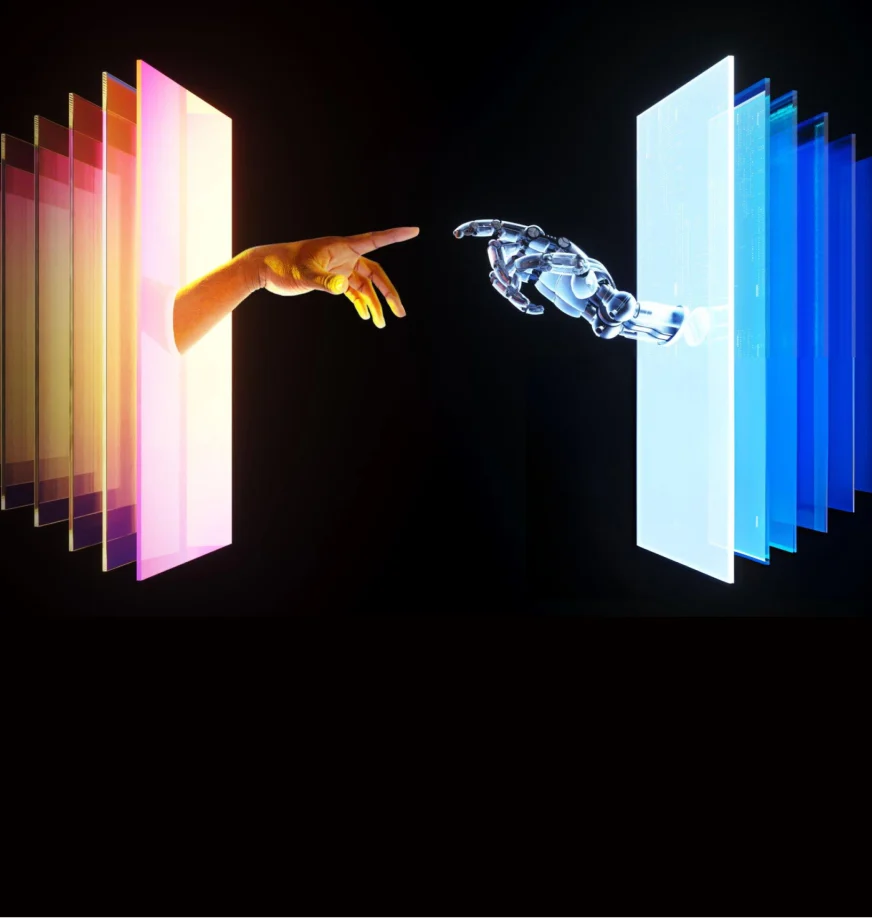Drop Us a Line
Connect with Webtis
Ready to take the first step towards unlocking opportuniti realizing goals, and embracing innovation?
-
To More Inquiry
-
To Send Mail
info@webtis.ae
-
Office Address 01
Atrium center, khalid bin al walled Street, Dubai, United Arab Emirates
-
Office Address 02
Bisalpur Chauraha, Bareilly, U.P





